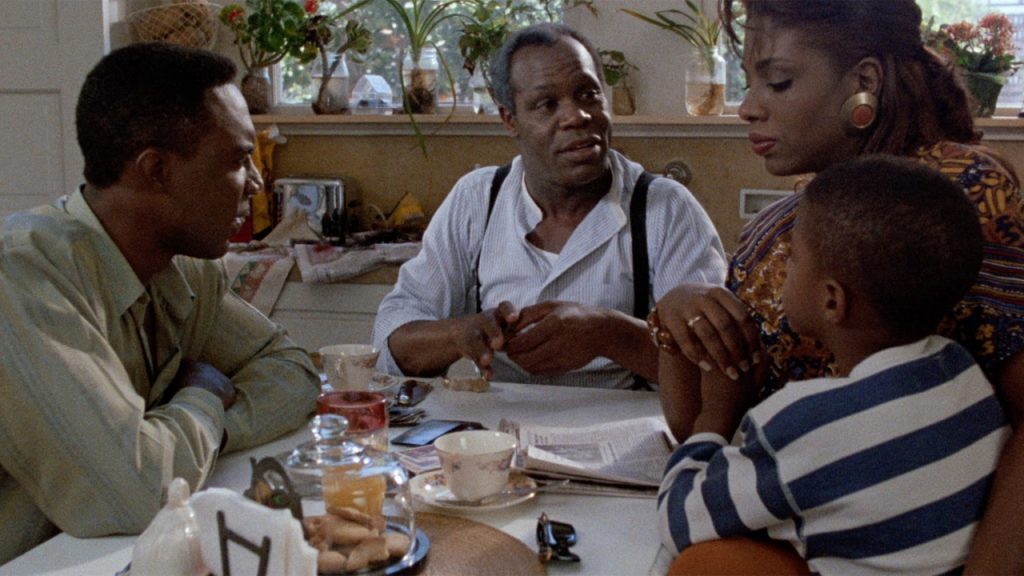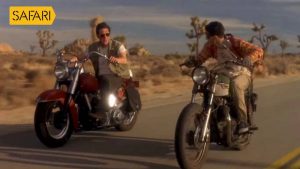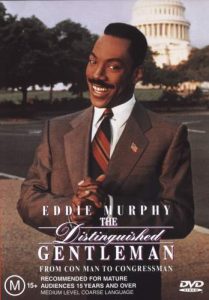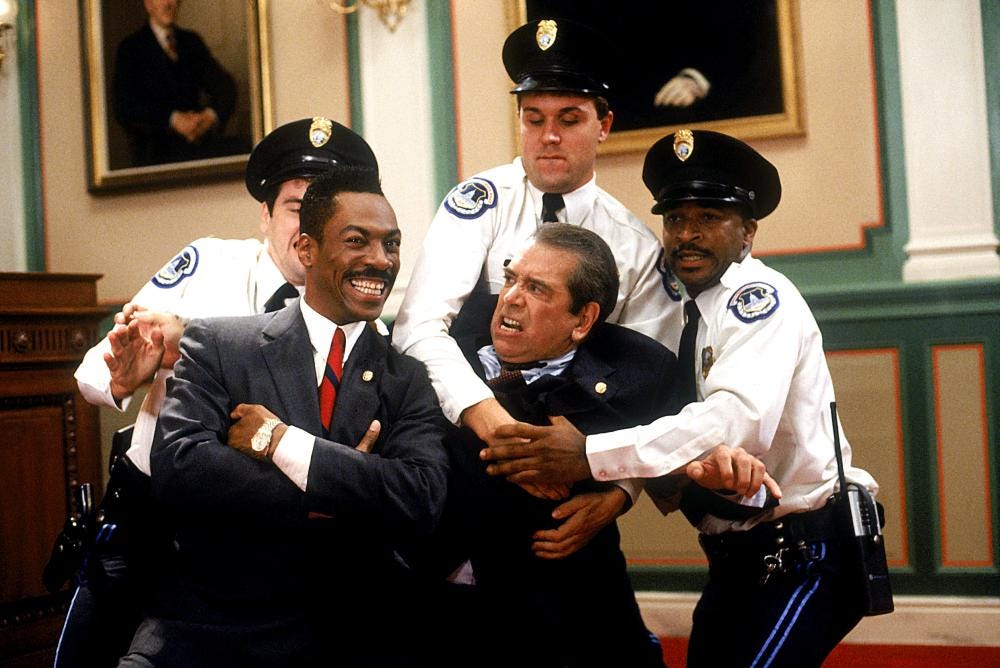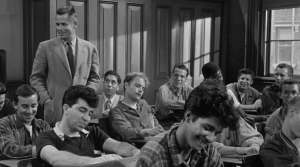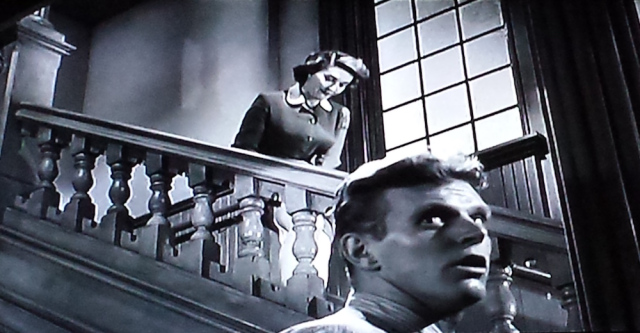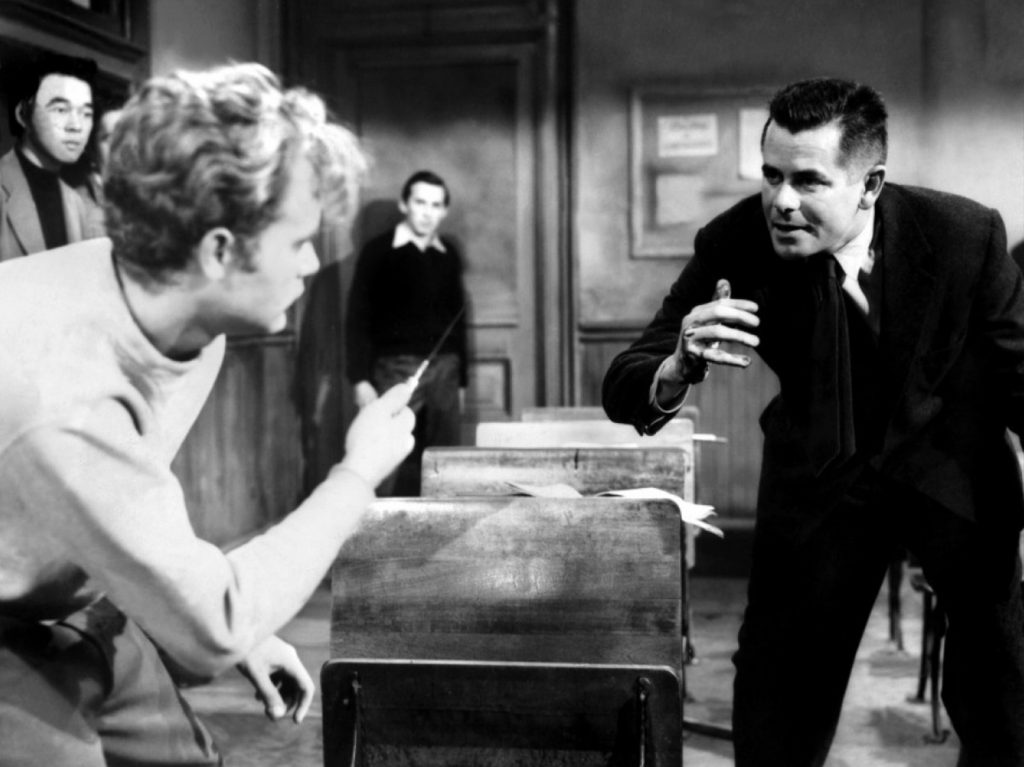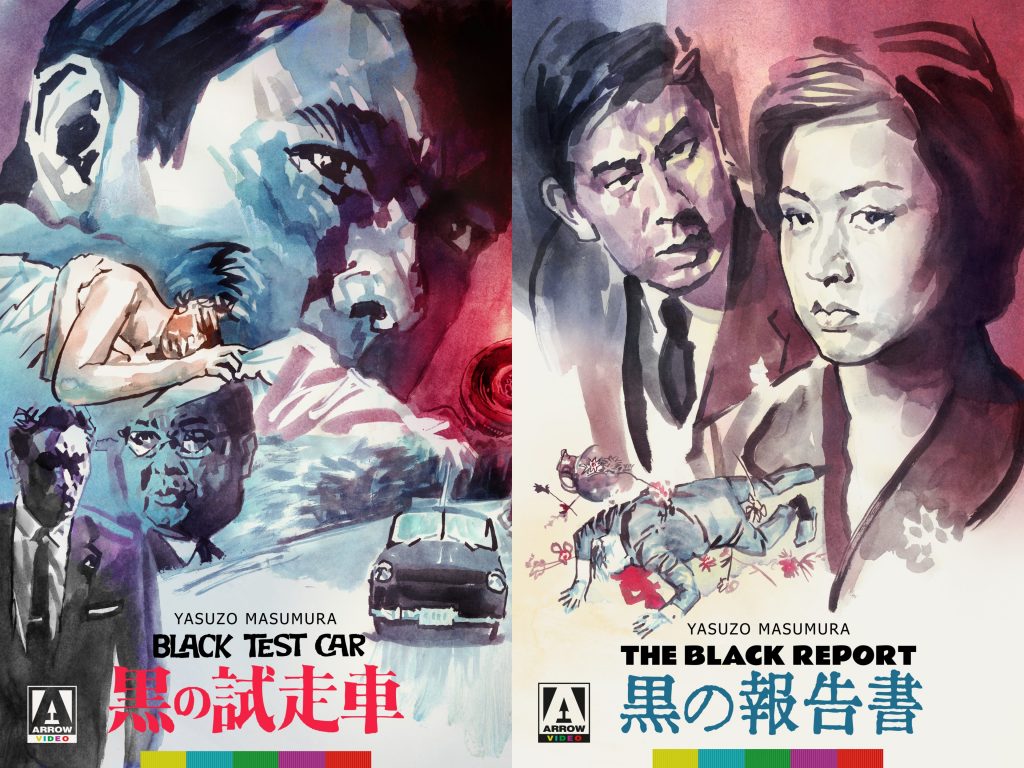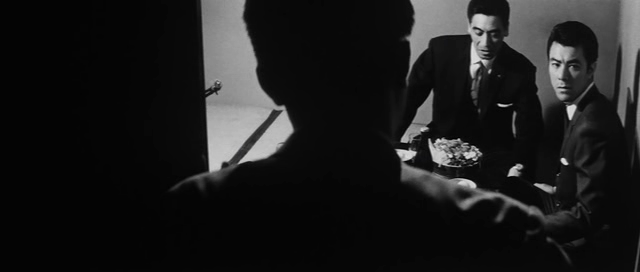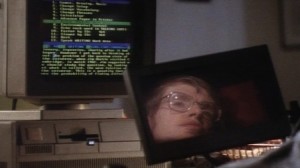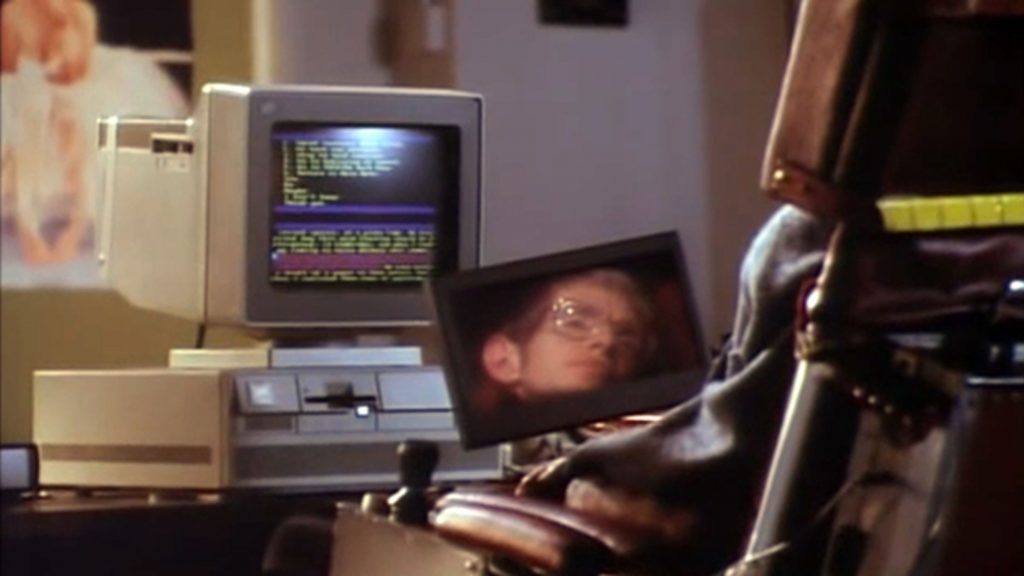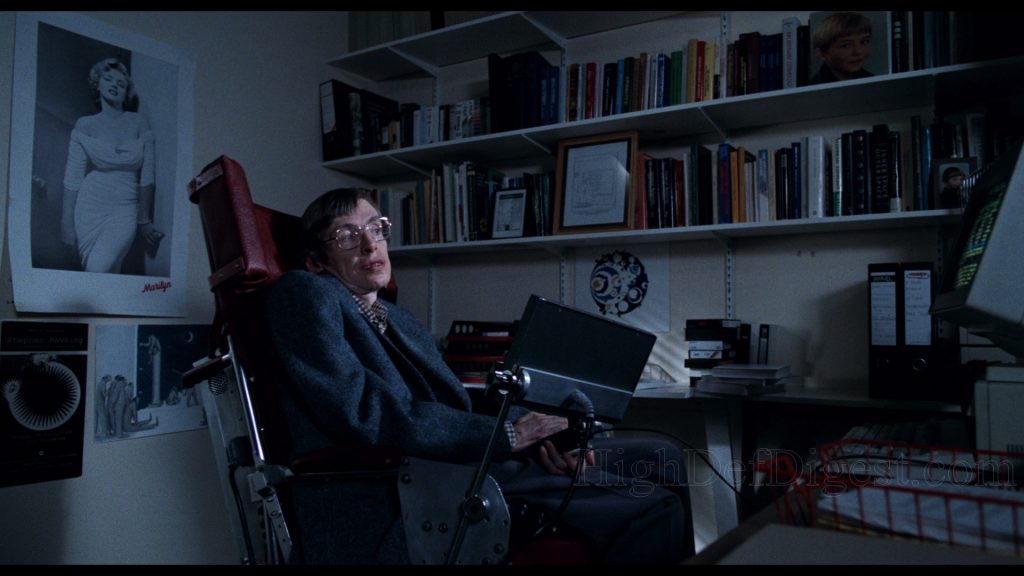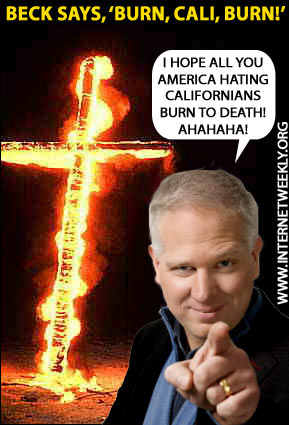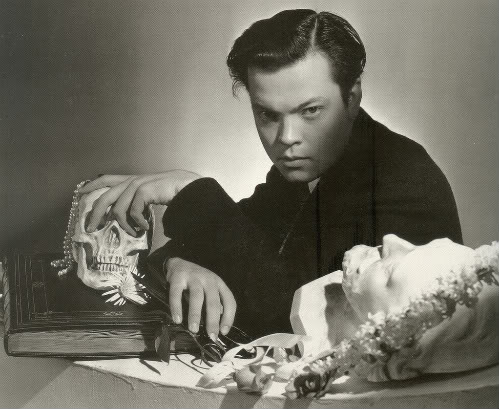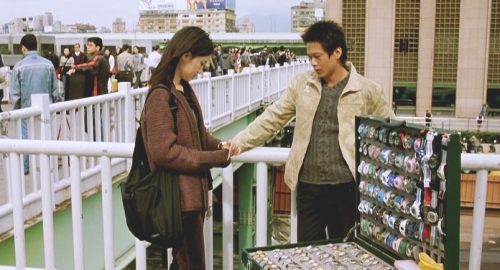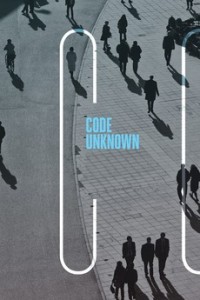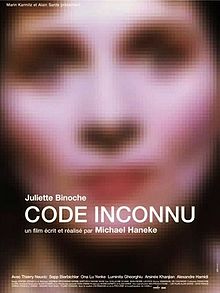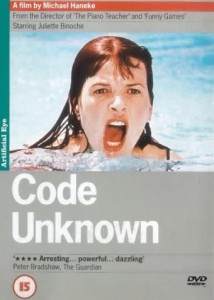From the June 22, 2001 Chicago Reader. — J.R.
This peculiar, locally made black-and-white feature by Jim Sikora premiered at the Chicago Underground Film Festival in 1996 and surprisingly it’s been screened here only once since then, despite the fact that it’s enjoyed well-received runs in both New York and Los Angeles and played at European festivals. Apart from John Terendy’s effective cinematography, the film is notable for its impressive leads: Jeff Strong is creepily enigmatic as a misfit whose gratuitous phone prank, referred to in the title, leads to a murder and the subsequent incarceration of a young woman (a superbly composed Lara Phillips) who was the patient of his sister (Paula Killen) at a health clinic. The style is mainly classic low-rent noir, but Sikora adds a few interesting touches, such as Strong evaporating from certain shots rather than making conventional exits, a few striking freeze-frames toward the end, and some odd uses of music by the Denison-Kimball Trio. Joe Carducci collaborated with Sikora on the script; with David Yow and Richard Kern. 83 min. Showing as part of “Starring Chicago!,” the Film Center’s retrospective of films shot or set in Chicago; Sikora will attend the screening. Gene Siskel Film Center, 164 N. Read more



